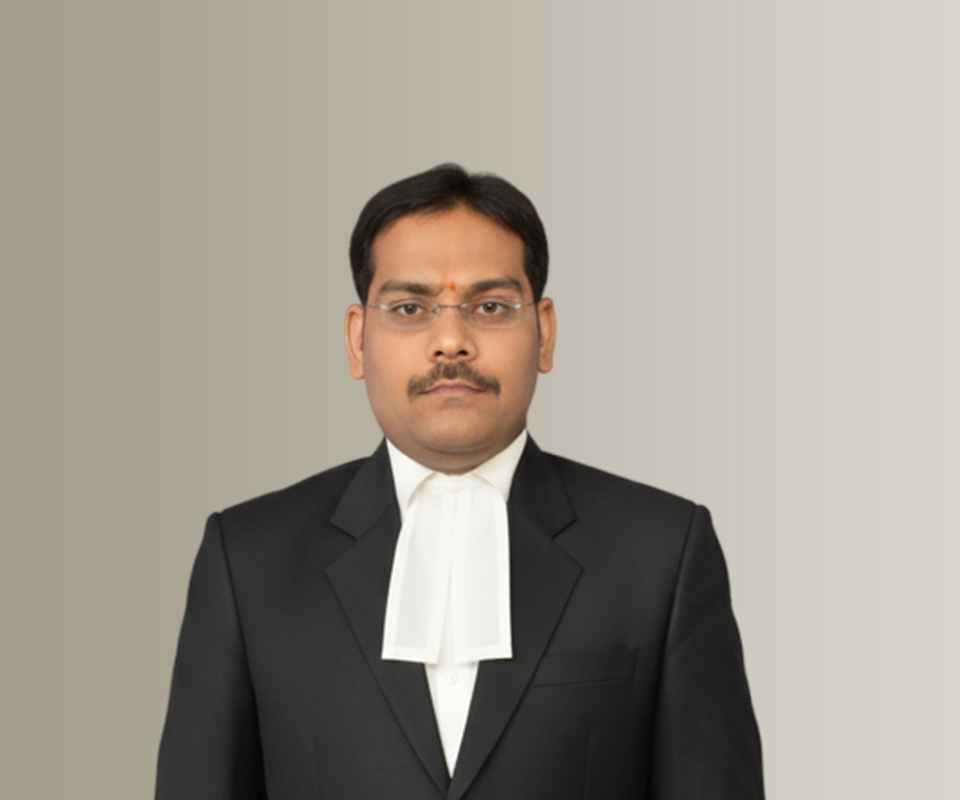Answer By law4u team
The procedure for filing a case in the Supreme Court of India is as follows: The case must be drafted in the form of a Special Leave Petition (SLP) and must be signed by the petitioner or their authorized representative. The SLP should clearly state the facts of the case, the legal issues involved, and the grounds on which the petitioner is seeking relief. The SLP should also include a list of all the relevant documents and evidence that the petitioner intends to rely on in support of their case. The SLP should be filed in the Registry of the Supreme Court of India either in person or through registered post. Once the SLP is received, it is examined by the Registry to ensure that all the necessary documents and fees have been submitted. If the SLP is found to be in order, it is assigned a case number and listed for hearing before a bench of judges. The petitioner is then required to serve a copy of the SLP on all the other parties involved in the case, and also on the Attorney General of India. The case is then heard by the bench of judges and a decision is taken based on the evidence and arguments presented by the parties. It is important to note that filing a case in the Supreme Court of India requires the assistance of a qualified lawyer, as the procedure and rules can be complex and technical.









